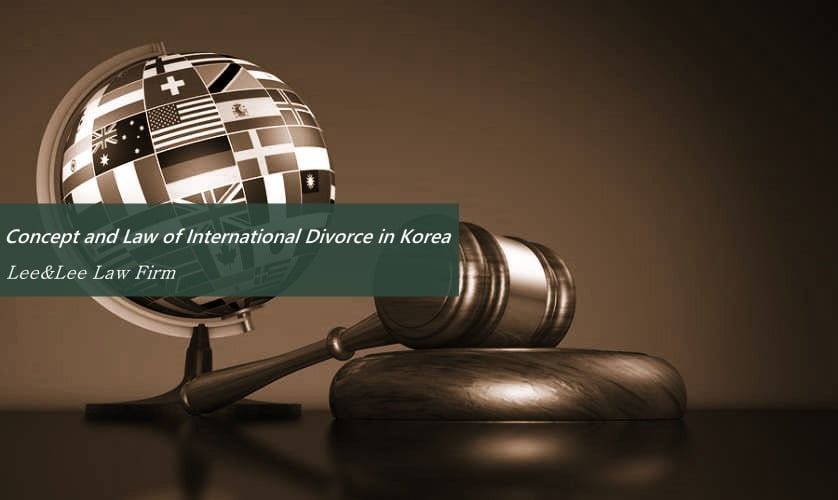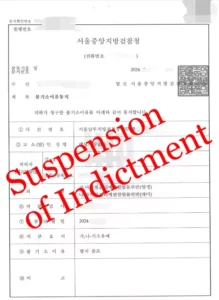Definition of International Divorce
Table of Contents
International divorce refers to divorce cases that involve foreign elements, such as divorce between a Korean and a foreign national in Korea, divorce between foreign nationals in Korea, divorce between a Korean and a foreign national abroad, and divorce between foreign nationals abroad.
Governing Law of International Divorce in Korea

Governing Law of International Divorce refers to the specific laws applied to the international divorce case. In the case of international divorce, the Korean judiciary first applies the same national law to the married couple, and if there is no such law, it applies the same law to the couple’s common habitual residence. If there is no such law, the law of the place most closely related to the spouses is applied as the applicable law. However, if one of the spouses is a Korean national residing in Korea, Korean law is applied.
International Divorce by Agreement
Amicable divorce in Korea
Before the revision of the international private law of Korea, an uncontested divorce between a Korean and a foreign national was impossible for American, British, French, and German husbands because the applicable law was the husband’s national law. However, with the revised international law, if one of the spouses is a Korean national residing in Korea, Korean law can be applied as the applicable law, finalize your divorce through an uncontested divorce process becomes legally possible. Additionally, even if a married couple doesn’t reside in Korea at the time of divorce, uncontested divorce can be available and valid.
International Divorce Proceedings (Difference between Korean and Foreign Courts)
Divorce in a Korean court
In order to obtain a divorce judgment in a Korean court in an international divorce case, the Korean court must first have jurisdiction over the case. In this regard, court precedents generally adopt a respondent or defendant’s address as the principal, and also consider the plaintiff or petitioner’s. But Korean International private law states that “a Korean court has jurisdiction if a party or the issue have substantial connections to Korea.”, so even if a foreigner doesn’t have an address in Korea, the court can have jurisdiction.
When filing for divorce in a foreign court
A divorce judgment from a foreign court must meet certain conditions in order to be recognized in Korea. Article 217 of the Civil Procedure Act states that a foreign court’s final judgment will be recognized if it satisfies the following four requirements:
① The international jurisdiction of the foreign court must be recognized based on Korean law or treaties.
② The defendant who lost the case was given sufficient time to defend himself/herself, either by receiving official notices or by responding to the lawsuit even if he/she did not receive such notices.
③ The recognition of the judgment does not violate Korea’s public policy or social order.
④ There is mutual guarantee.
All four requirements must be met for the judgment to be recognized in Korea.
Divorce declaration in Korea
Once a divorce judgment has been finalized through a divorce lawsuit, one of the spouses must file a divorce declaration within one month of the mediation or the finalization of the court judgment. The divorce decree should include a copy of the court’s judgment and certificate of finalization of the divorce and must be submitted to an embassy or consulate, or to a local government office with jurisdiction over the place of registration or address.
Lee & Lee law office’s english speaking lawyers provide clients with the highest quality representation
SEOUL, Gangnam Office (Korea) | Kristen Y. LEE
2F, 27-6, 162 Gangnam-daero, Gangnam-gu, Seoul, Republic of Korea


